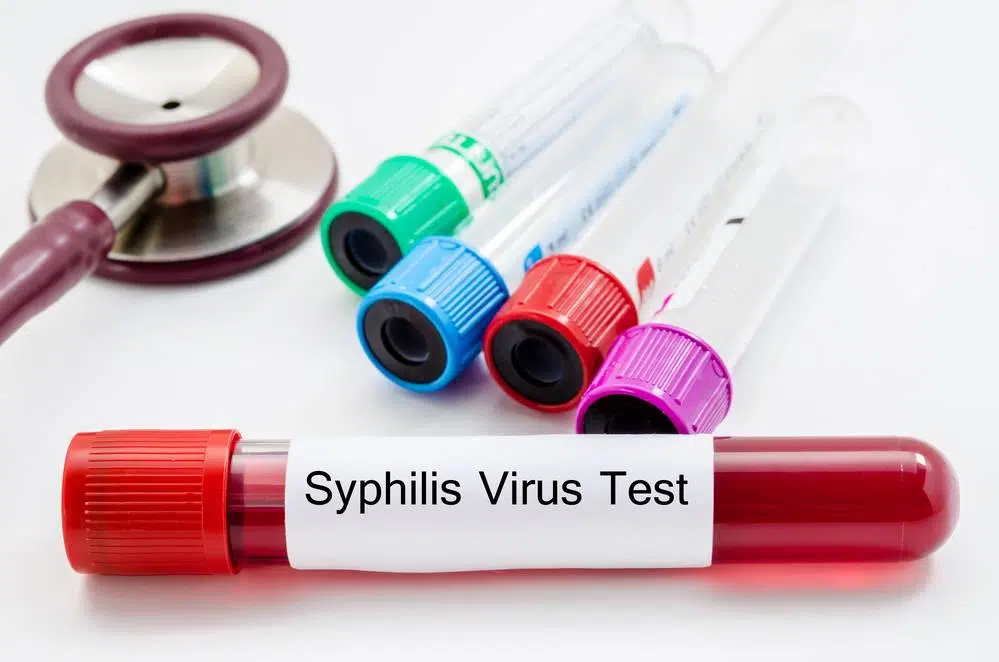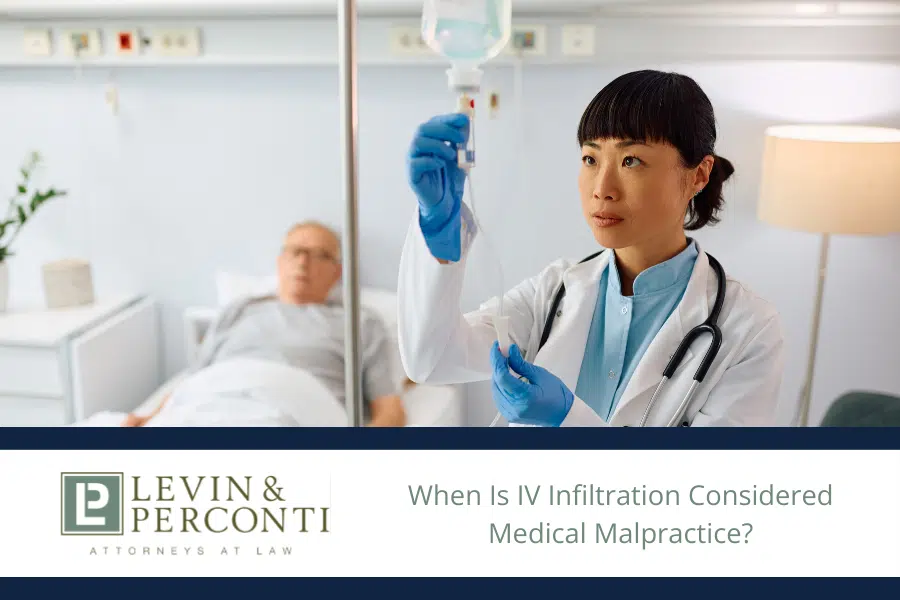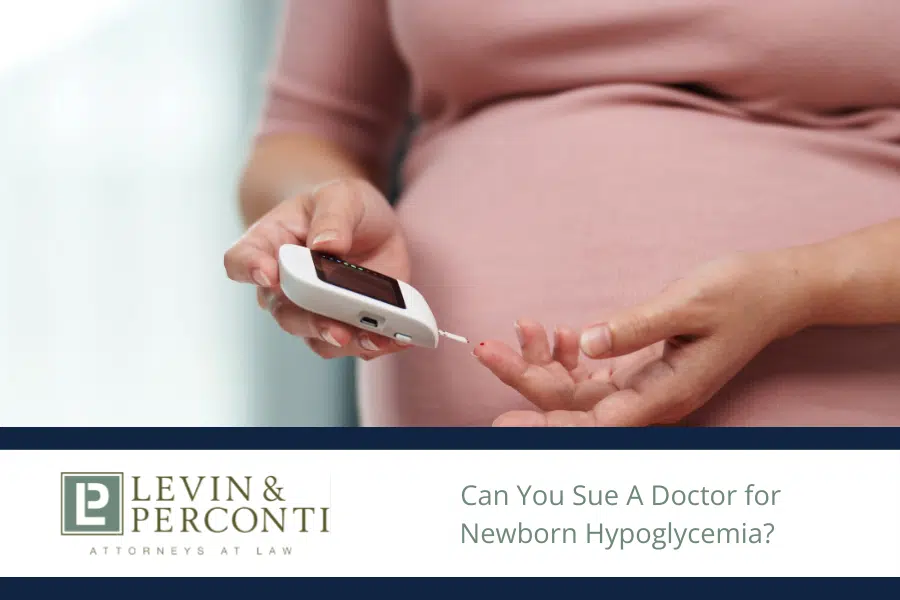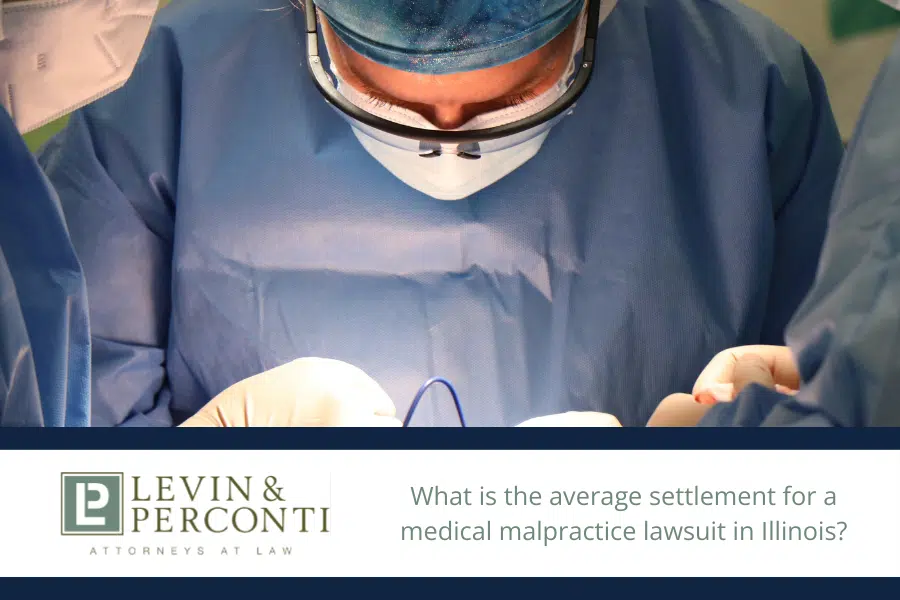
Content Reviewed by:
Michael F. Bonamarte, IV
Content Reviewed by: Michael F. Bonamarte, IV
Since 2005, Michael Bonamarte IV has been a passionate advocate for victims of negligent conduct, corporate malfeasance, and medical malpractice. He has won numerous awards and recognitions, including Best Lawyers in America and Super Lawyers’ Rising Star. He has presented for the American Association for Justice, the AAJ Nursing Home Litigation Group, the John Marshall Law School, and numerous other legal associations. He regularly lectures at Chicago-area aging organizations about nursing home abuse. His writings have been published by the American Bar Association, the Chicago Daily Bulletin, and numerous other prestigious publications.
What is Congenital Syphilis?
Syphilis is a chronic bacterial infection spread through sexual contact and sexual intercourse, making it a sexually transmitted disease (STD). Congenital syphilis (CS) is a disease that occurs when a mother with syphilis passes the infection on to her baby during pregnancy, according to the Centers for Disease Control and Prevention (CDC). CS can affect a child’s health, depending on when a mother was adequately diagnosed and received treatment for the infection. Without a diagnosis or the proper treatment, a baby can be lost through miscarriage or stillbirth, but also be born premature, with a low birth rate and have a small chance for survival after birth due to infection.
The CDC says for babies born with CS, many will have health conditions and severe serious health problems such as:
- deformed bones
- severe anemia (low blood count)
- enlarged liver and spleen
- brain and nerve problems, like blindness or deafness
- meningitis
- skin rashes
In 2018, the number of CS cases in the U.S. was at its highest since 1995. Although all women should be tested for syphilis, it’s possible not enough mothers are being screened for the disease during pregnancy. Women can request a test at their very first prenatal appointment. It is recommended that health care providers should also perform additional testing at 28 weeks’ gestation and again at delivery if the mother is at increased risk.
Missed Diagnosis or Treatment of Syphilis in Newborns
When a mother is not treated, it is unlikely a newborn will receive the diagnosis and treatment, resulting in the development of serious health problems. According to the CDC, these health problems “develop in the first few weeks after birth, but they can also happen years later.” Some babies do die from the infection or become cognitively and developmentally delayed. Others live with serious health problems such as seizures.
Once a baby has been diagnosed with CS, the child must be evaluated and treated immediately, likely with antibiotics and an extended hospital stay. Sometimes a child will test negative for syphilis when first born but develop symptoms or related health issues soon after. Repeat evaluations should be followed.
Signs of CS include:
- failure to thrive
- fever
- irritability
- hepatosplenomegaly
- saddle nose, weakened nose support
- syphilitic rash
- watery fluid coming from the nose
- jaundice
- organ swelling and bone inflammation
Medical malpractice may be present if there were significant missed opportunities for misdiagnosing the infection in a mother or her baby, or a medical professional failed to prevent the infection from spreading from mother to baby with the correct treatments.
Request a Free Consultation to Evaluate Your Birth Injury Lawsuits
Medical malpractice cases related to injuries to infants are handled slightly differently than standard personal injury cases. If your child suffered due to a misdiagnosis or treatment of a medical condition at birth, you should seek legal assistance immediately. Your attorney can begin gathering essential information needed for a claim, as soon as you are ready. Contact the experienced lawyers at Levin & Perconti to schedule a consultation to discuss your case by calling (877) 374-1417.



